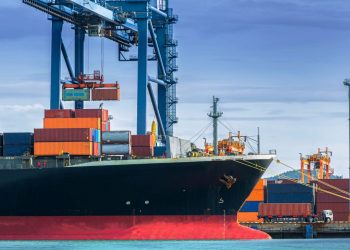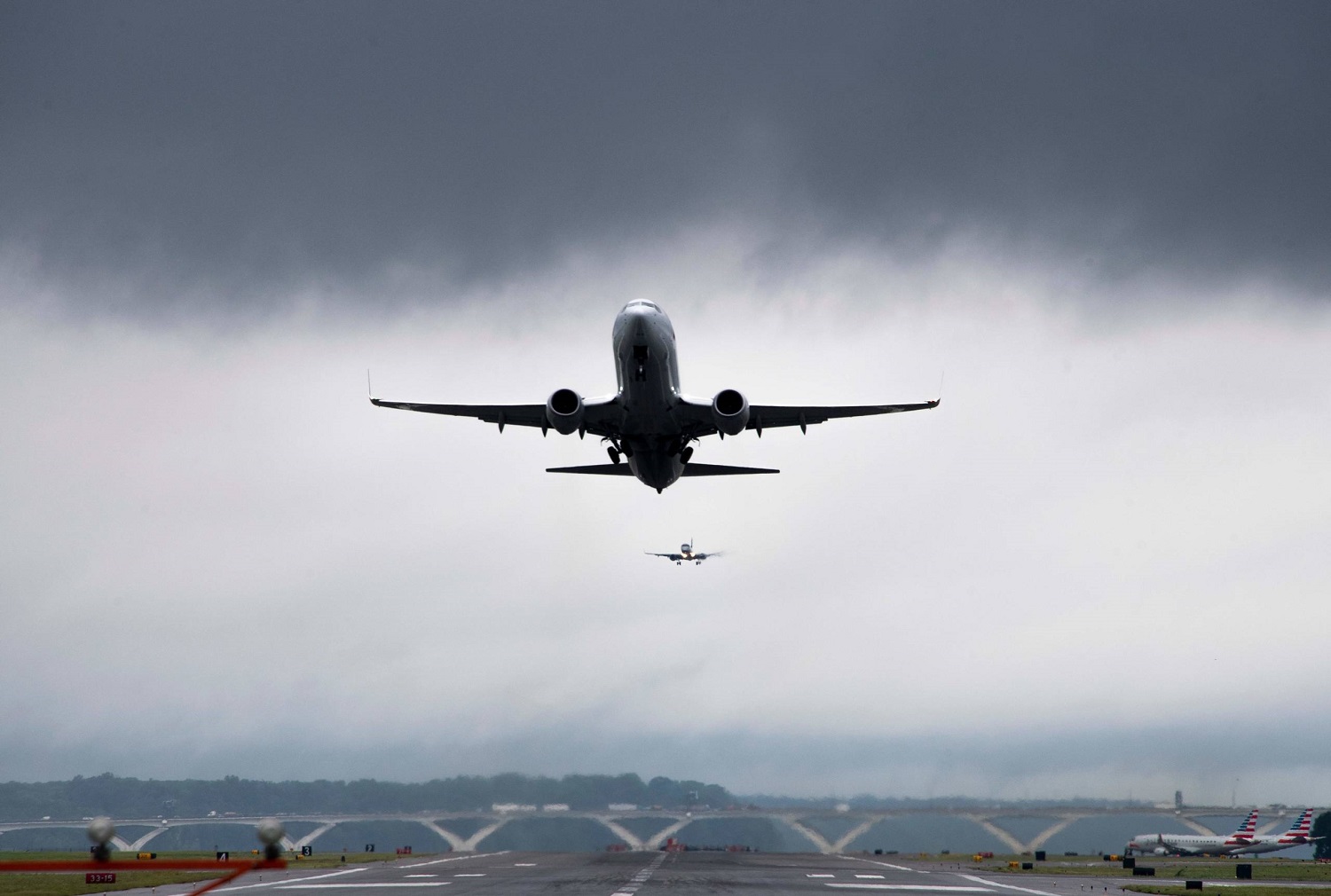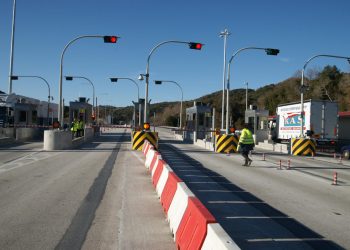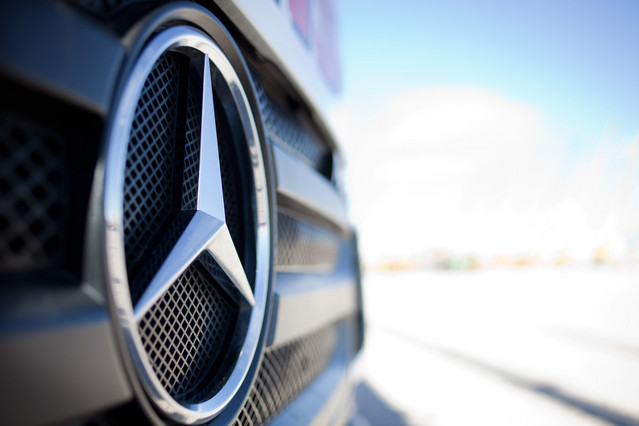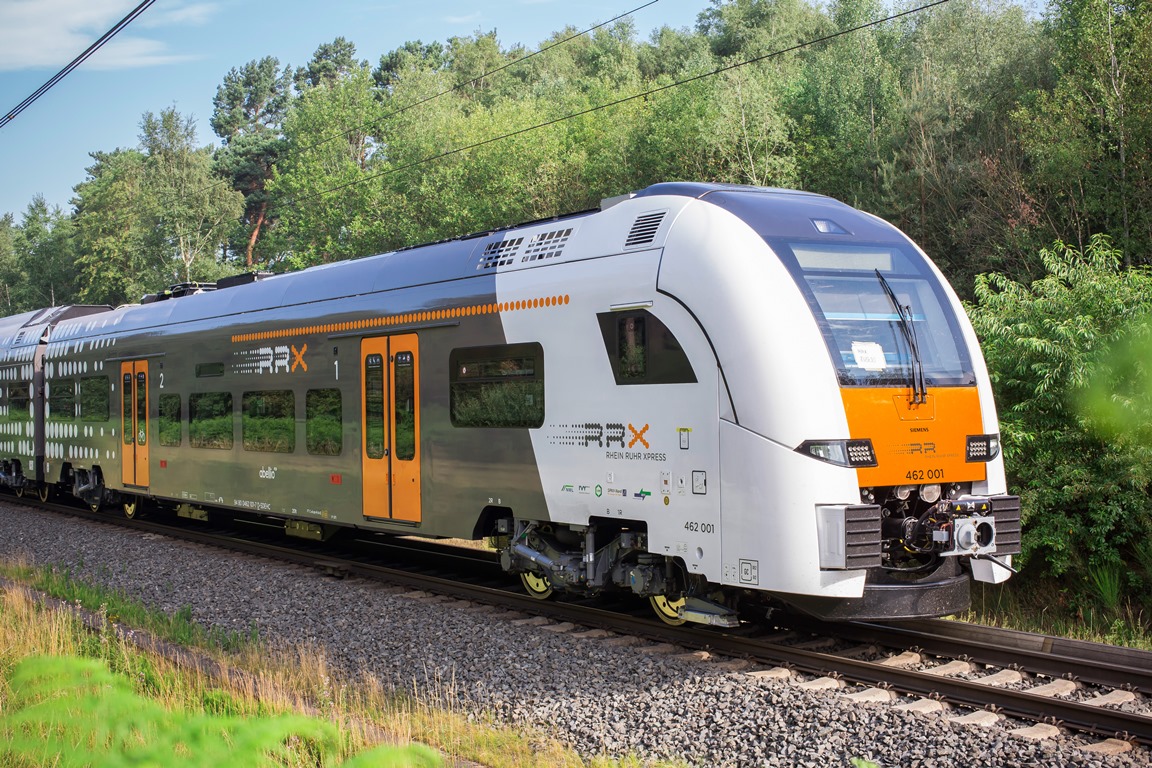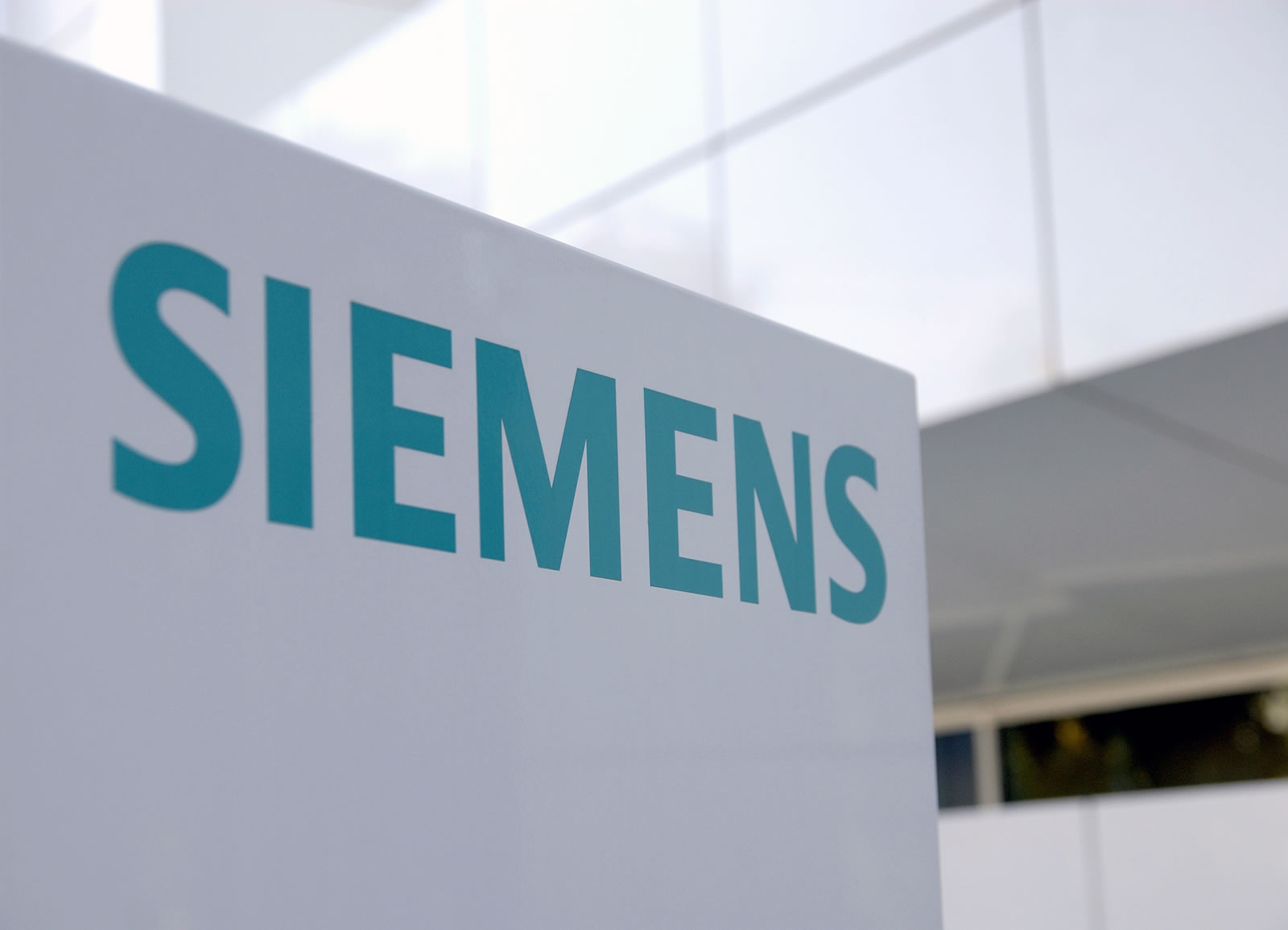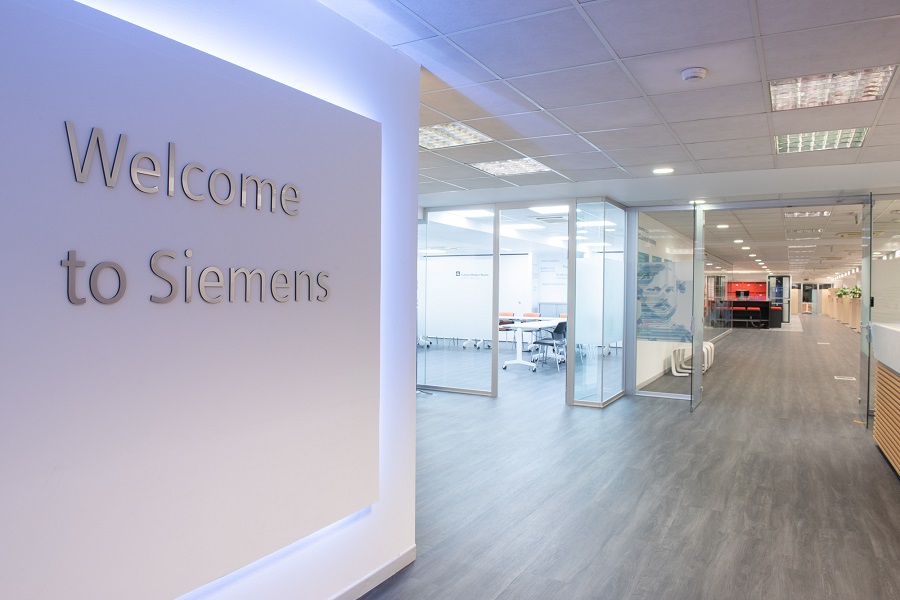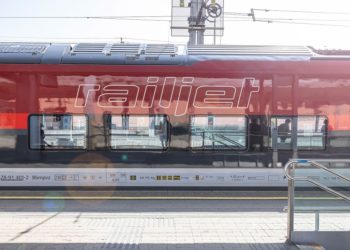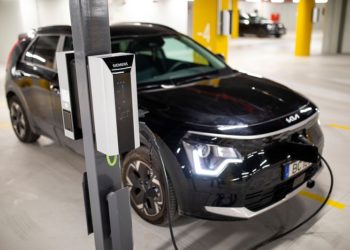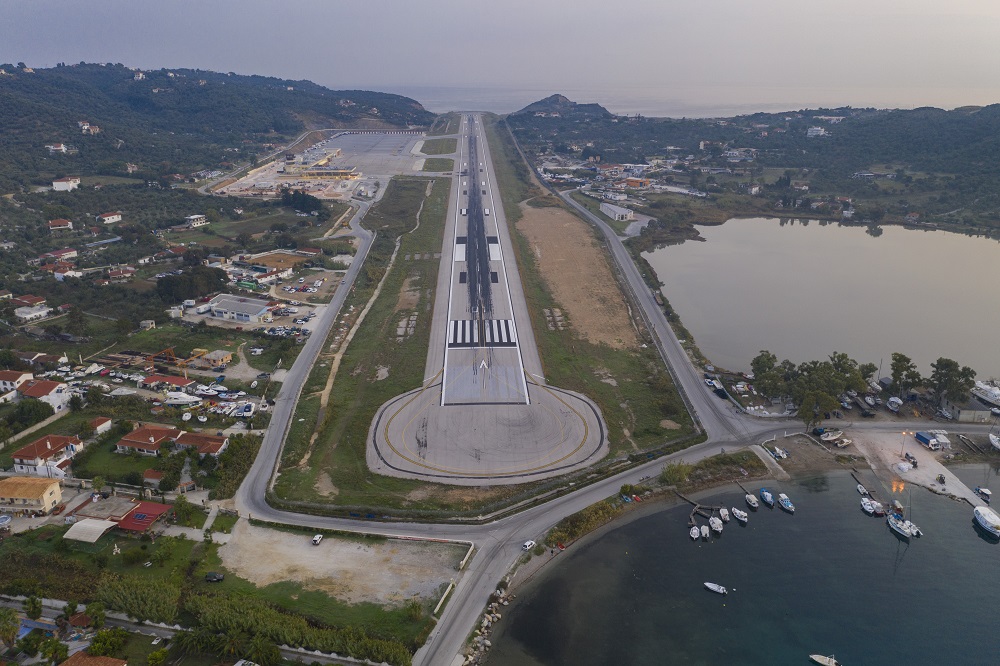The electric multiple unit (EMU) trains built by Siemens Mobility for the Rhine-Ruhr Express (RRX) will begin operating punctually with the change of the rail system’s timetable on December 9, 2018.
Germany’s Federal Railway Authority (EBA) has officially approved the train. The planned deadline was met right on time and commercial operation will begin on Line RE 11 that connects Düsseldorf, Duisburg, Essen, Dortmund, Hamm, Paderborn and Kassel. Up to 43,000 passengers use this route daily.
A total of 15 trains will now be entering service. The new Desiro HC trains provide 25 percent more capacity than the trains previously used on this line, and offer significantly enhanced passenger comfort and convenience. The digitalized service and maintenance provided by Siemens Mobility guarantees over 99 percent availability of the new EMUs.
“With the commissioning and series approval of our Desiro HC train for the Rhine-Ruhr Express, we’ve once again demonstrated that we can deliver mega rail projects right on time.
This makes us a reliable partner for transport companies worldwide when it comes to handling complex projects throughout their entire lifecycle,” said Sabrina Soussan, CEO of Siemens Mobility.
The Rhine-Ruhr Express is the world’s first series-produced train to feature a new high-frequency window treatment that vastly improves cellphone reception in trains. Researchers at Siemens Mobility developed this special window coating that allows radio signals to pass through the glass unhindered.
The solution is a fine pattern that is lasered into the electrically conductive, transparent coating of the window panes. The installed windows allow radio waves to penetrate the glass up to 500 times better than with conventional thermal insulation glazing.
With this special solution, passengers can surf in the Internet and phone for the first time without signal disruptions, and there is no need to install special in-train repeaters in the coaches.Approval of the Federal Rail Authority was granted following the new procedure in Germany which gives train manufacturers and operators planning security.
In this procedure, proof and test certificates can be issued by recognized testing centers beginning with the design phase of the train.In North Rhine-Westphalia (NRW), around 2.4 million people use the regional rail system on a daily basis, and the numbers are growing.
The RRX, which is acclaimed as a project of the century for the metropolitan region, will help meet the continually growing transport demands in the Rhine and Ruhr region. When completed, seven rail lines will connect major cities in NRW with important centers such as Kassel and Koblenz in the neighboring states of Rhineland-Palatinate and Hesse.
On the core route between Cologne and Dortmund, passengers will be able to use rail services every quarter of an hour once the system’s infrastructure has been expanded and modernized. The system will benefit eight million people living in cities providing RRX service, or around 45 percent of the NRW population.
Siemens Mobility will be delivering a total of 82 specially developed double-decker trains from the proven Desiro train family. The newest family member, the Desiro HC, is designed for high passenger capacities. Each 105-meter train consists of four cars and has 400 seats. In operation, two train units will be coupled to create an eight-car express with around 800 seats.
In addition, Siemens Mobility will be responsible for the service and maintenance of the trains over a period of 32 years.
A state-of-the-art maintenance facility, the most modern in the world, was built specifically for this purpose in Dortmund-Eving. The RRX contract, with a volume of €1.7 billion, marks the biggest order Siemens Mobility has ever received for Germany’s regional rail transport sector.


